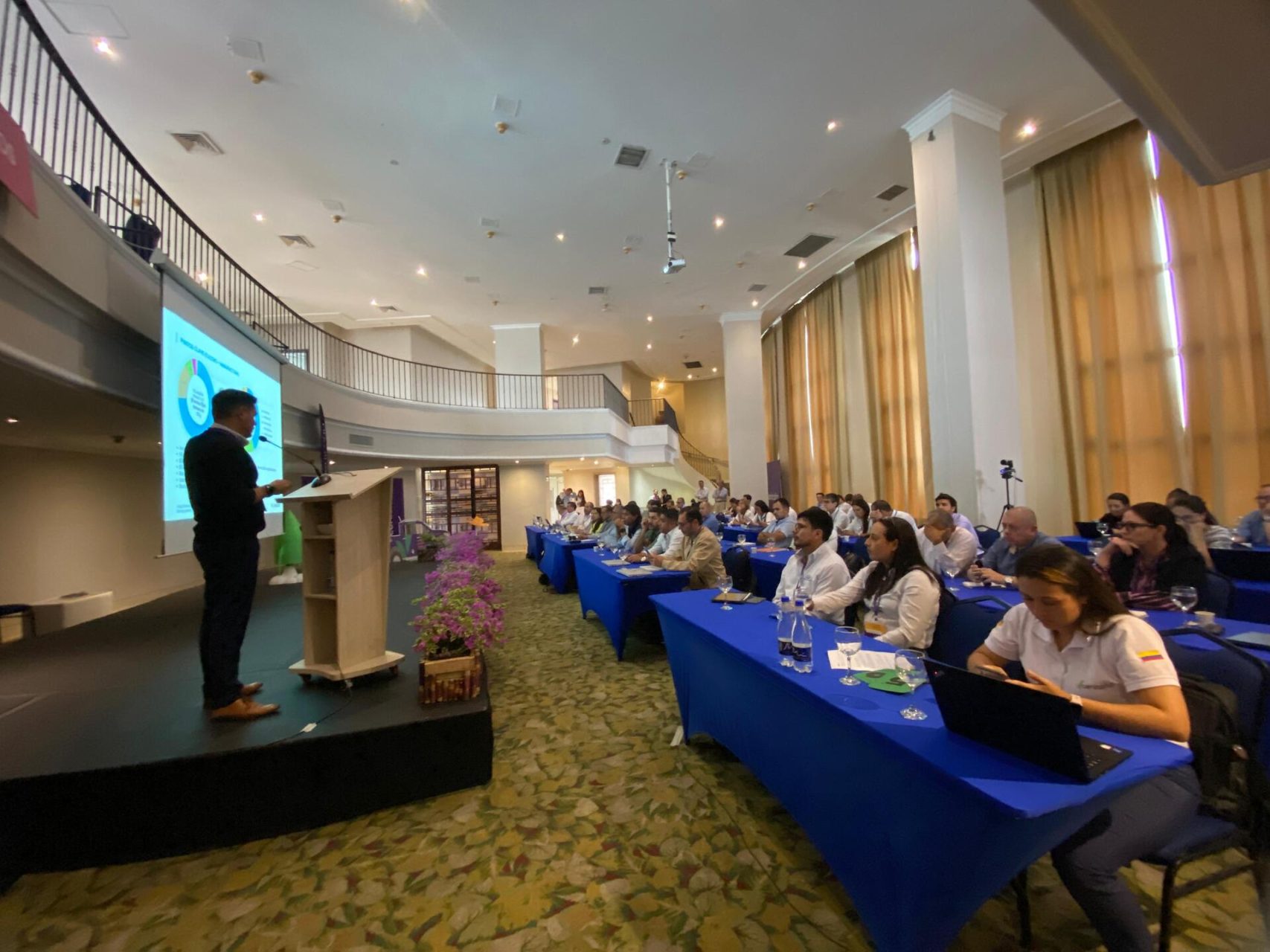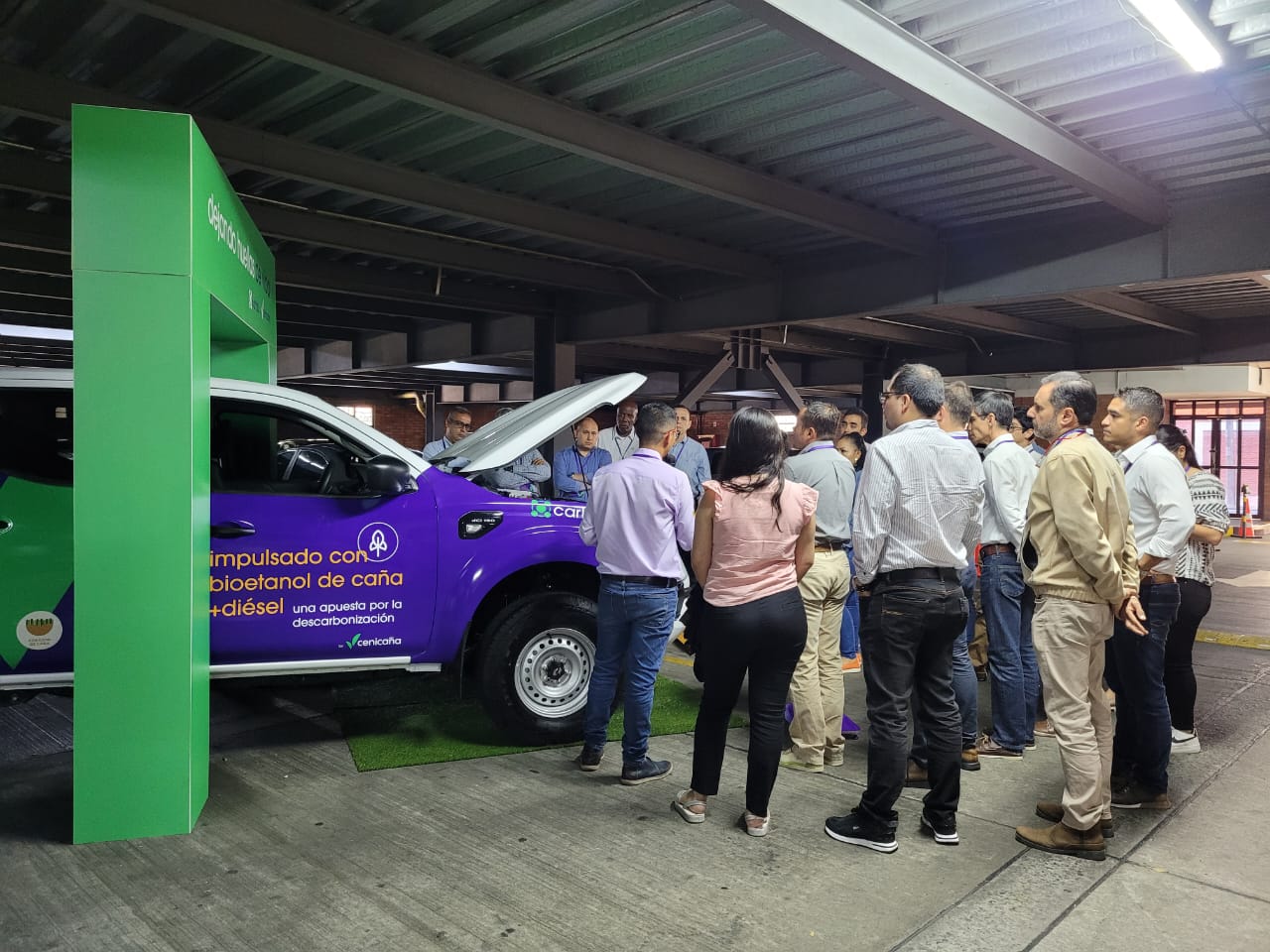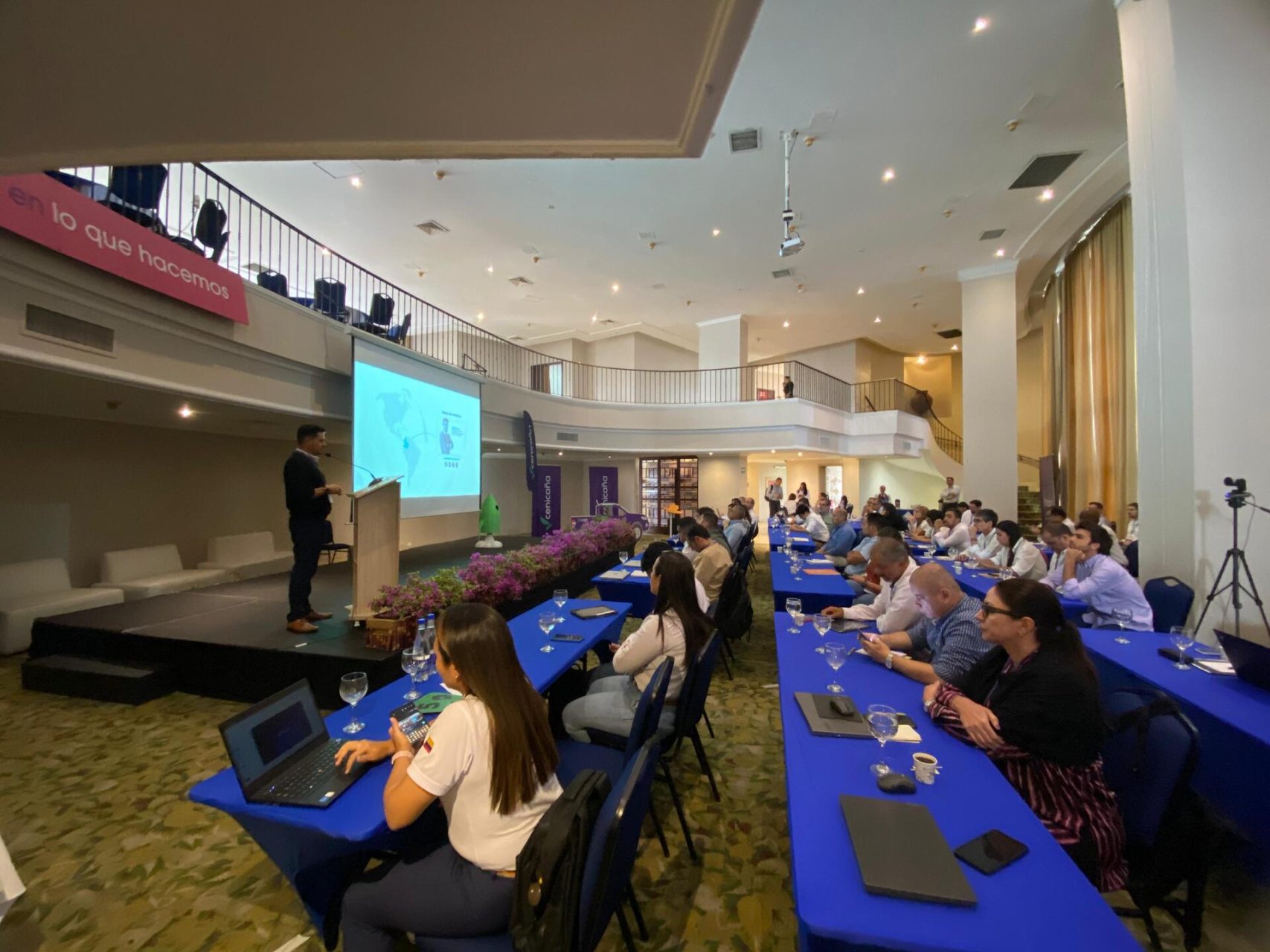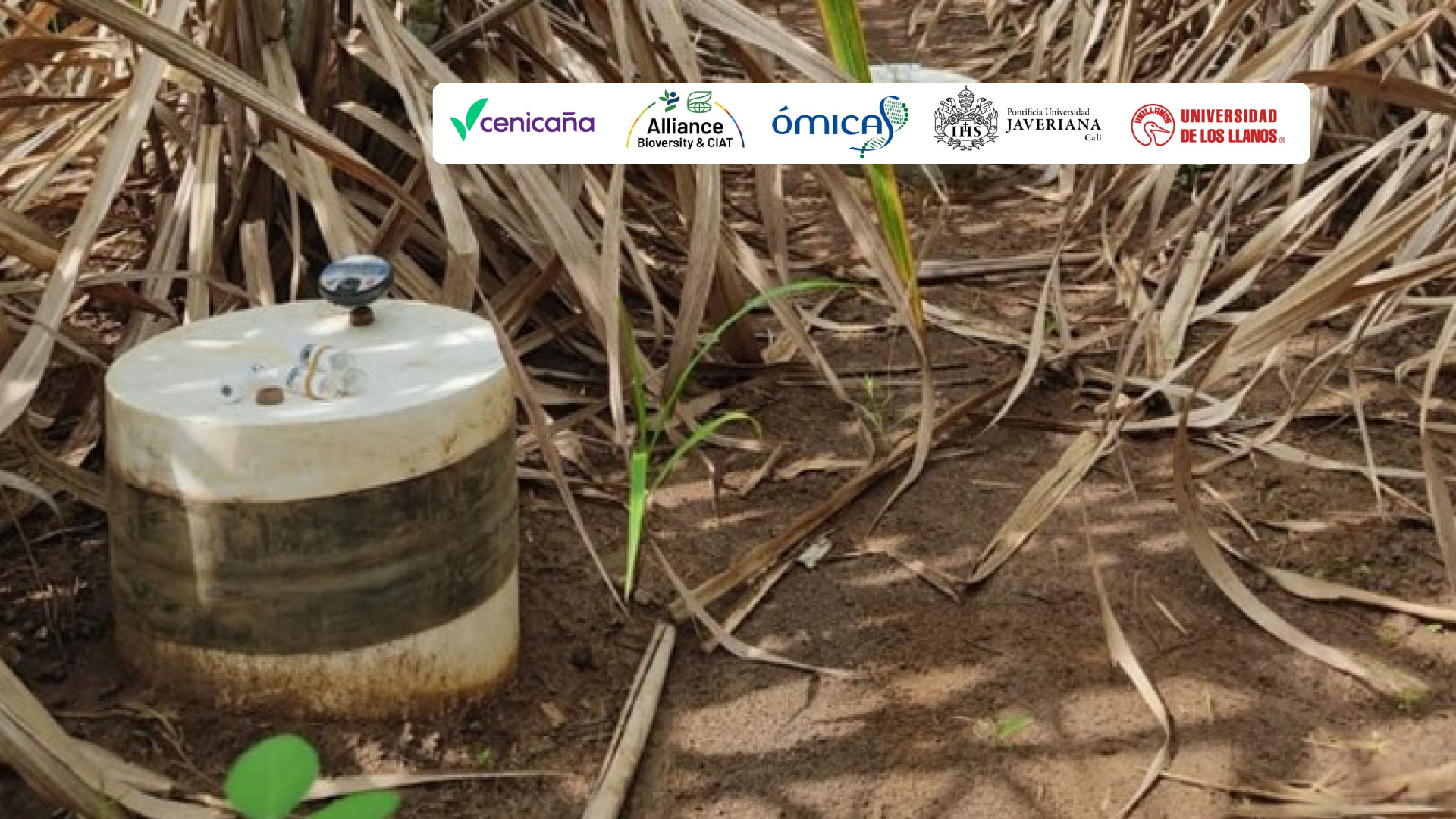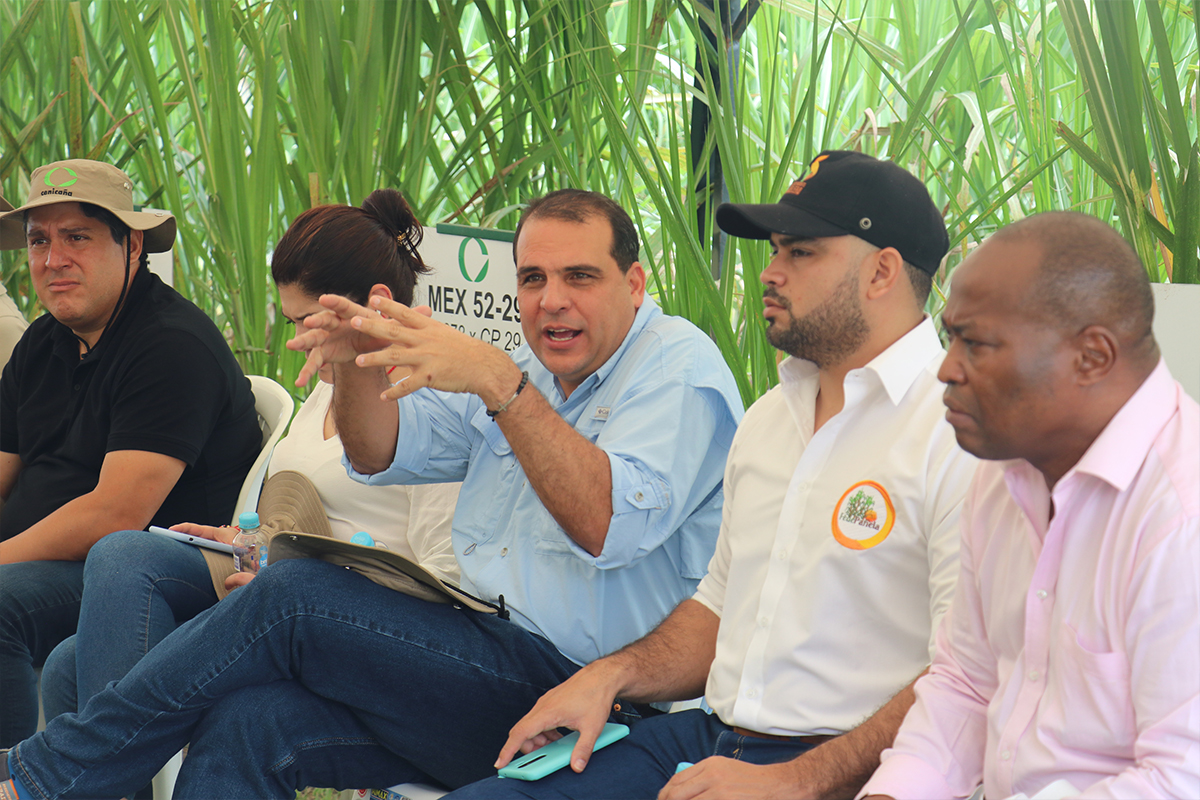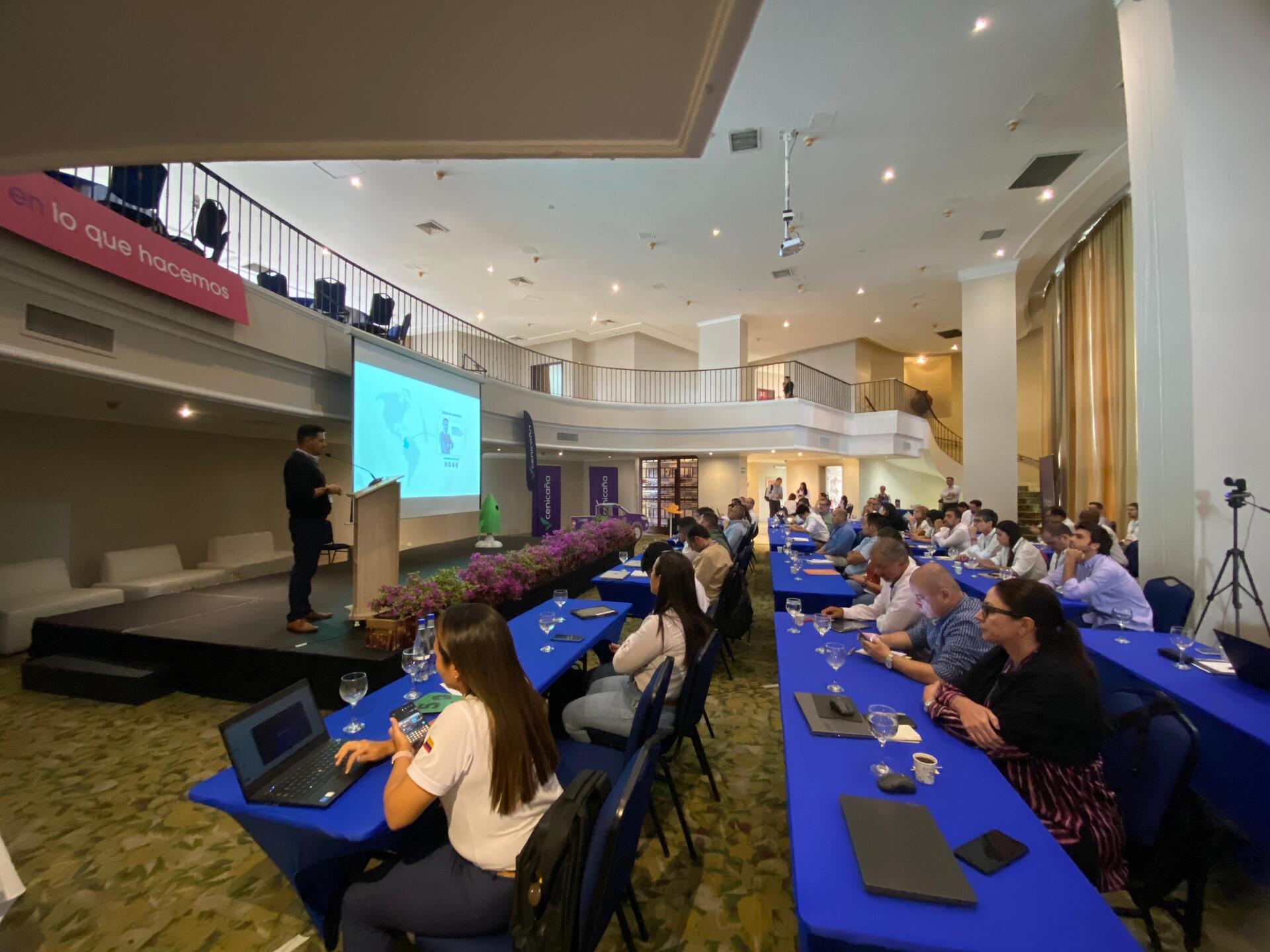Cenicaña held the First Forum Mitigation and compensation of emissions in the sugarcane agroindustrial sector to confront climate change, which seeks to promote an exchange of knowledge to comprehensively advance the structuring of a route towards the decarbonization of the sector.
Representatives of leading entities and companies in Science-Based Targets (SBTi), climate finance and carbon markets accepted the invitation of the Sugarcane Research Center, Cenicaña, to share their experiences, analysis and perspectives on the mitigation and compensation of emissions in industries.
For its part, the sugar cane agroindustrial sector, through Cenicaña, offered a retrospective look at the union's actions to confront climate variability and a prospective vision in the face of the Colombian State's commitments to reduce the Greenhouse Gas (GHG) emissions by 51.
Cenicaña is a research center financed by sugar cane mills and growers to contribute to the sustainable development of the country through innovation in this agroindustry.
This First Forum Mitigation and compensation of emissions in the sugarcane agroindustrial sector to confront climate change It was an opportunity not only to expand knowledge around the subject, but to continue articulating efforts at a sectoral and regional scale, which allow for faster and safer progress in the construction of a future of innovation, energy and infinite possibilities based on the main crop of the region: sugar cane.
Innovation to mitigate the impact of climate variability
Since 2016, the Colombian sugar cane agribusiness has measured the carbon footprint of the production chain and its products. In the last six years, the sugarcane agroindustry has significantly reduced its carbon footprint, avoiding the emission of 915,000 tons of CO2 equivalent.
When analyzing the carbon footprint of agribusiness, it showed the use of fossil fuels in agricultural and transportation machinery as one of the factors with the greatest contribution to this indicator.
Precisely, in the search for solutions to reduce these emissions, Cenicaña, with the support of the sugar mills, is leading research that is based on the injection of bioethanol, made from sugar cane, into turbo diesel engines.
The experiment began in 2019 and showed that the use of the bioethanol injection kit reduced fuel consumption in these engines by 7% and the carbon footprint by 14%.
Carlab: powered by cane bioethanol + diesel is a commitment to the decarbonization of the sector that will be rolling on the roads of the region as part of that evaluation that will allow us to measure fuel consumption, its environmental performance and equipment maintainability.
Since 2005, the incorporation of bioethanol as an oxygenate in gasoline in Colombia has made it possible to reduce 7.72 million tons of CO2 equivalent. This is equivalent to the planting of approximately 60 million trees.
